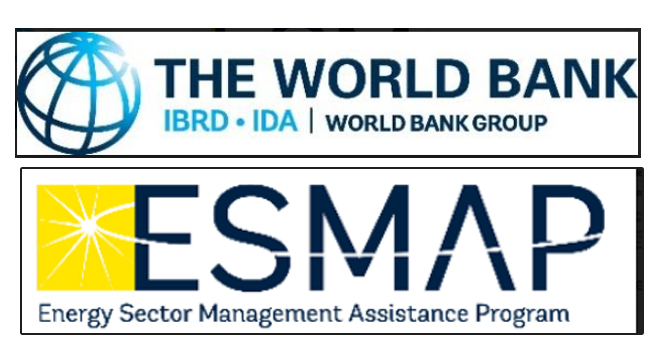
KATOWICE, POLAND -The number of countries with strong policy frameworks for sustainable energy more than tripled – from 17 to 59 – between 2010 and 2017, and many of the world’s largest energy-consuming countries have significantly improved their renewable energy regulations since 2010, according to RISE 2018, a new World Bank report charting global progress on sustainable energy policies.
Progress was even more marked in energy efficiency, with the percentage of countries establishing advanced policy frameworks growing more than ten-fold between 2010 and 2017. And among countries with large populations living without electricity, 75 percent had by 2017 put in place the policies and regulations needed to expand energy access.
But as the report makes clear, there are significant barriers to global progress on sustainable energy. While countries continue to be focused on clean energy policies for electricity,policies to decarbonizeheating and transportation – which account for 80 percent of global energy use – continue to be overlooked.
RISE 2018 measures policy progress in 133 countries on renewable energy, energy efficiency, electricity access, and access to clean cooking – the four target areas of Sustainable Development Goal 7 (SDG7), which calls for achievingaccess to affordable, reliable, sustainable and modern energy for all by 2030.
“Policy matters. RISE 2018 confirms the numbers that make it clear that policy is a leading indicator of the world’s sustainable energy transition,” said Riccardo Puliti, Senior Director for Energy and Extractives at the World Bank. “But the report also contains a warning: that without accelerated adoption of good policies, and strong enforcement, the world’s climate goals and SDG7 are at risk.”
This momentum was particularly marked in renewable energy. Among the countries covered by RISE, only 37 percent had a national renewable energy target in 2010. By 2017, that had grown to 93 percent. By 2017, 84 percent of countries had a legal framework in place to support renewable energy deployment, while 95 percent allowed the private sector to own and operate renewable energy projects. Over the same period, the share of countries that had put in place national legislation on energy efficiency rose from 25 percent to 89 percent.
In countries with an electricity access deficit, policymakers are increasingly turning their attention to off-grid solutions to close the gap. The share of low-access countries adopting measures to support mini-grids and solar home systems has soared from around 15 percent in 2010 to 70 percent in 2017.
In the same countries, however, the deteriorating fiscal position of national utilities is putting progress at risk. Among countries with low access to energy, the number of utilities meeting basic creditworthiness criteria dropped from 63 percent in 2012 to 37 percent in 2016.
Among the four SDG7 target areas, clean cooking continues to be the most overlooked and underfunded by policymakers. While the report finds some evolution in policy frameworks since 2010, there has been little progress on standard-setting for cookstoves or on consumer and producer incentives to stimulate adoption of clean technologies.
“There is a great opportunity now for countries to learn from each other to accelerate the uptake of good policies,” said Puliti. “For example, what has Kenya done to expand access to electricity so rapidly? How did India structure its renewable energy auctions to deliver record-setting low prices for solar? At the same time, we need urgent action to address critical gaps, such as failing utilities, clean cooking, and the slow progress on decarbonizing heating and transport.”
RISE 2018: “Policy Matters” is the second edition of RISE – Regulatory Indicators for Sustainable Energy. The report is published by the World Bank with funding from the Energy Sector Management Assistance Program (ESMAP).
अर्थ संसारमा प्रकाशित सामग्रीबारे कुनै गुनासो, सूचना तथा सुझाव भए हामीलाई [email protected] मा पठाउनु होला। *फेसबुक र ट्वीटरमार्फत पनि हामीसँग जोडिन सकिनेछ । हाम्रो *युटुब च्यानल पनि हेर्नु होला।
प्रतिक्रिया दिनुहोस